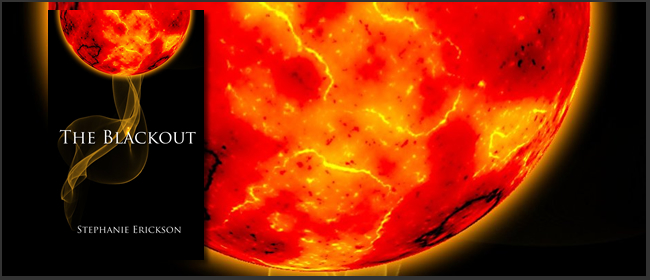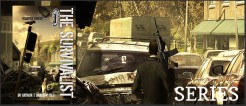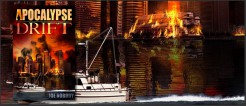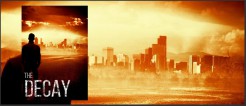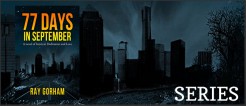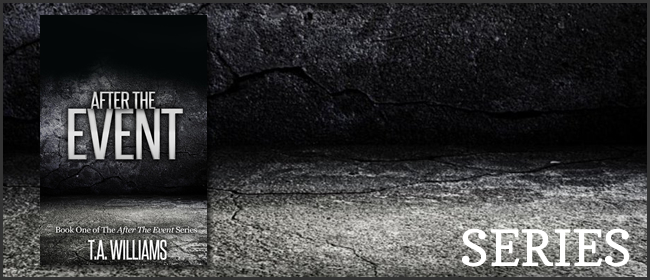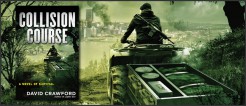This book follows two characters, Molly and Gary, who are separated by almost the entire country when the power goes off. Molly is an English professor while Gary is a pilot jetting around clients in a corporate jet.
After about two days, Molly really started to worry. None of her neighbors knew anything. There was no word. Nothing. No communication from emergency relief teams. No inkling that help was on the way.
While Gary wasn’t in the air when the power goes out, he does see the aftermath of the situation at the airport.
I also liked how there was a lot of indecision and denial when the power goes out. Even though the electronics is toast on the airplane, Gary and his partner are reluctant to leave it because they have clients who they need to fly somewhere.
He came to the conclusion that they needed to move on from the airport before Clint did. His co-pilot was very duty-oriented and thought they should stay where people knew where they were. Gary just wanted to get back to his family. He wasn’t planning on walking the entire way, but he thought maybe they could walk to the closest city that had power.
This book is uplifting in a way – some books in this genre can be so bleak and full of despair. Molly in particular is a strong character and not the “damsel in distress” that some novels cast the wife as being home alone waiting for her husband to come home and save her from the crisis.
While Molly doesn’t lead the community, she has a strong voice that people listen to. I did like that she waffled with the thought of infidelity, as so many times the wife is just “so sure” her husband is going to get home, yet the reality would be that most of the husbands wouldn’t.
The thought filled Molly with a sense of dread. If The Blackout was more widespread, we may have to learn to live with this for an extended period. Maybe even a few weeks, she thought. Luckily, their area was used to being without power due to the hurricanes that regularly pummeled the area, so most of the neighborhood wasn’t without food or basic supplies. However, no one had enough to last over a week. Well, almost no one.
Jimmy Jean was a nut. At least everyone in the nighborhood thought so. A retired military man, he was one of those extremists, telling anyone who would listen what would happen during a catastrophic event. He was convinced a government attack was inevitable; the only question was when. He had enough food stores in his basement to last for months, and had even given Molly and Gary a tour once, trying to educate them on the importance of preparedness. Gary had been annoyed, but Molly thought he was sweet and harmless.
One of my favorite characters in this book is Jimmy Jean, and he is one of my favorite characters in this entire genre, which says a lot of the power of the author’s secondary characters. Stephanie Erickson has also created a short story / novella with more about Jimmy Jean with more about his backstory than the main novel goes into, called “Jimmy Jean: A Blackout Story“, which can either be read with The Blackout or independently. I haven’t read this one yet, but I will pick it up at some point, however I can’t imagine it not being great!
Some of the community events hit me as slightly farfetched – such as how the community had enough supplies, even stolen ones, to make a huge wall surrounding the entire community. I did enjoy how you did see all facets of what would be in any community – lazy people, those who argue against ideas such as safety, etc.
This will be one of those books that will keep you up reading. I felt the ending was a bit abrupt (similar to how 77 Days in September ended somewhat abruptly as well, but lead into a sequel), I would have loved an extra chapter or two to resolve the story. However, it is possibly done as a set up for an upcoming sequel, although none has been announced.
